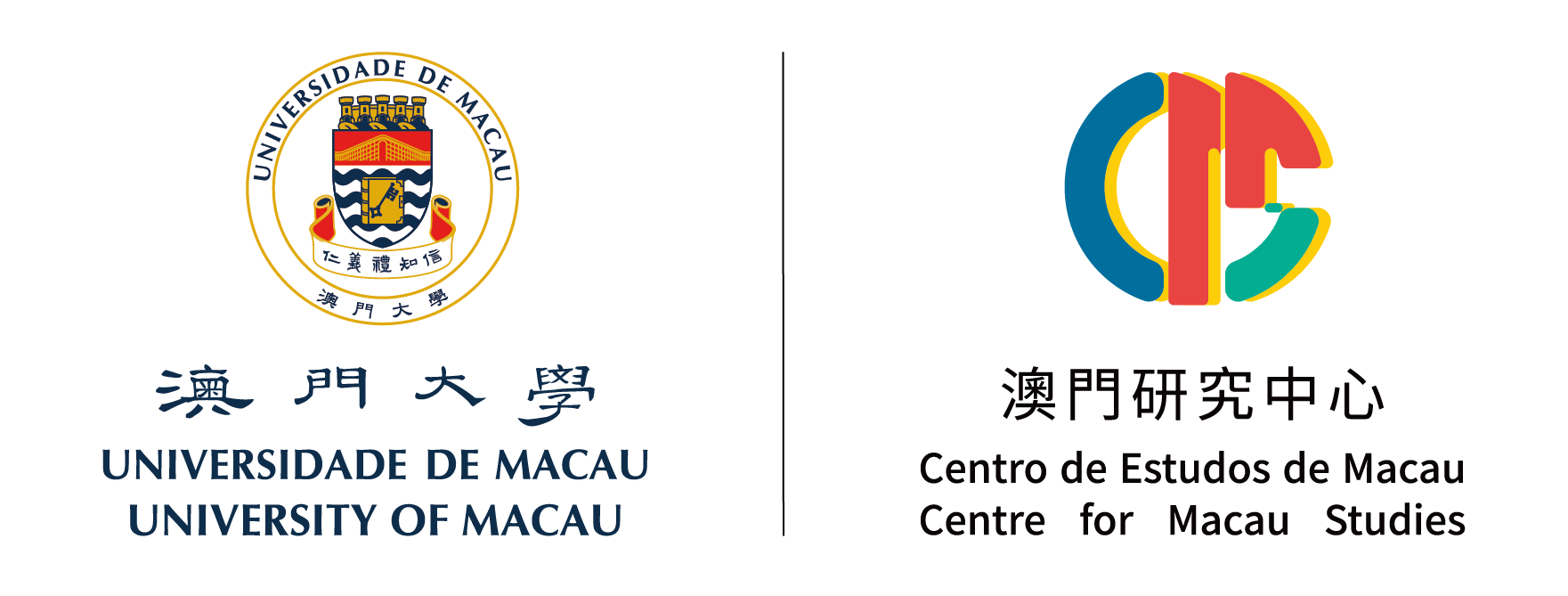
| 標題 Title |
翻譯澳門:歷史中的知識網絡 Translating Macao: Knowledge Networks across History |
|---|---|
| 作者 Author |
傑佛瑞‧C‧岡恩(Geoffrey C. Gunn)著,吳玉嫻譯 Geoffrey C. GUNN (au.), WU Yuzian (tran.) |
| 摘要 Abstract |
澳門是亞洲最早出現並蓬勃發展中歐語言互譯的地方。追溯到澳門建城之初,歷史學家論述了中歐語言互譯在澳門出現並發展這一過程的幾個階段,從臨時聘用包括傳教士在內的通事開始,到近代成立成為政府部門一部分的翻譯官公所(1865),再到1915年成立第一所(正規)翻譯學校──譯學館。然而,在政府之外,一直到現在,有關澳門的知識生產都是由個人完成的,這些人中有漢學家、西方語言大師,也有業餘愛好者。因此,澳門可以作為翻譯研究的一個合適的試驗場(而翻譯研究本身就是一個處於多個學科交匯處的領域),也可以作為對貿易和治理的實際情況進行縱向研究的試驗場。考慮到中葡雙語政策已被寫入《澳門基本法》,本文試圖喚起人們對澳門歷史上知識網絡的關注,特別是對翻譯和口譯問題的關注。
Unquestionably, Macao was the first site in Asia where translation from and to Chinese and European languages emerged and flourished. Back to Macao’s foundation, historians describe several stages in this process, commencing with the ad hoc employment of jurubaças including missionaries and, in the modern period, with the creation of a corps of interpreters of Chinese language (1865) as part of a government department, leading to the setting up in 1915 of the first (formal) school for qualifying translators, albeit not surviving the war years. Yet outside of government and down unto the present, knowledge production on Macao is the work of individuals, some Sinologists, some masters of Western languages and some amateurs. Macao then offers itself as a fitting testing ground both from within translation studies, itself a field at the interstices of several disciplines, and as a longitudinal study of practicalities of commerce and governance. This paper seeks to draw attention to Macao’s knowledge networks across history with particular attention to problems of translation and interpretation down to the present bearing in mind that bilingualism in Portuguese-Chinese is enshrined in the Basic Law. |
| 關鍵詞 Keywords |
澳門,翻譯,中文,歐洲語言,翻譯從業者,知識網絡 Macao, Translation, Chinese, European languages, Interpreter corps, Knowledge networks |
| 下載 Download |
Link |

